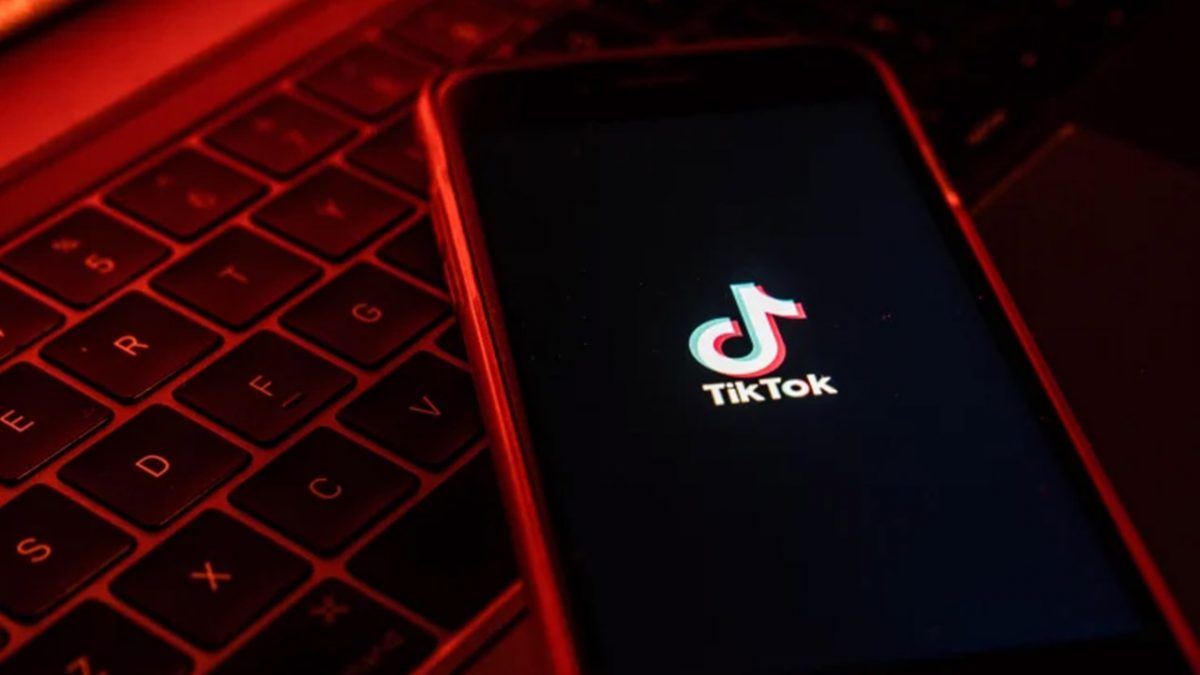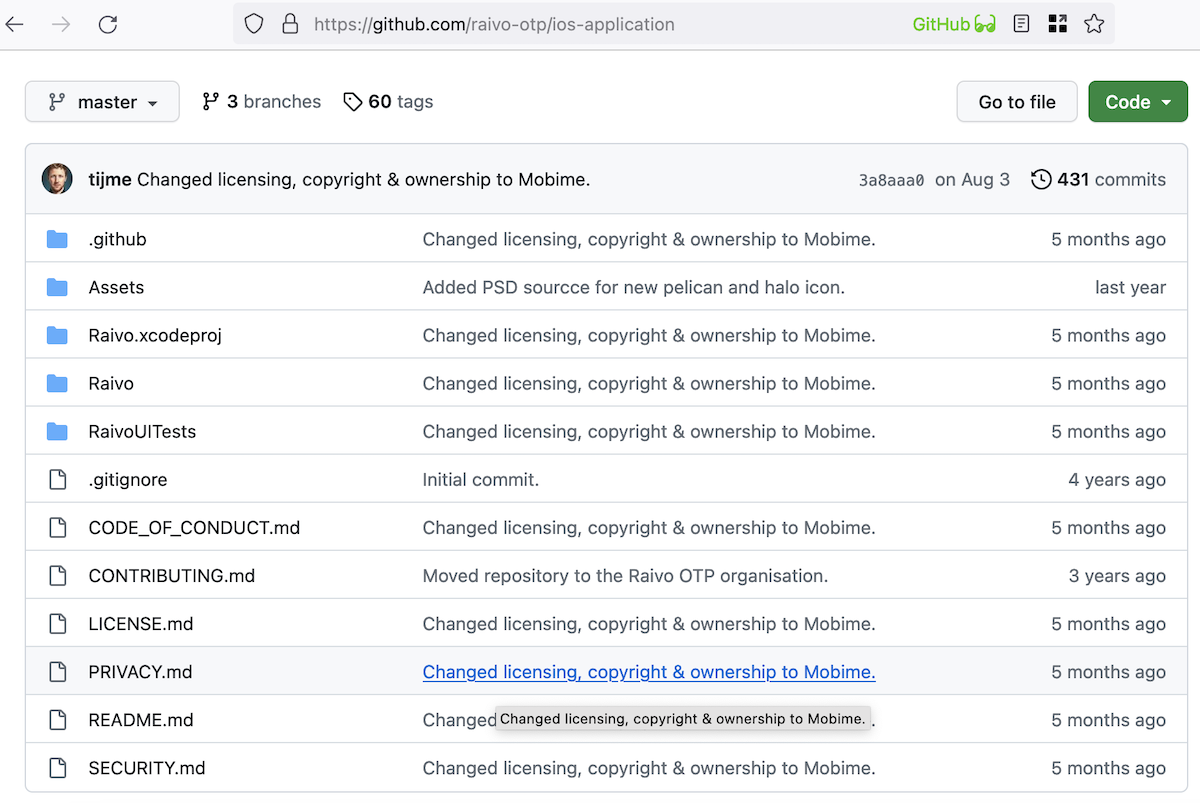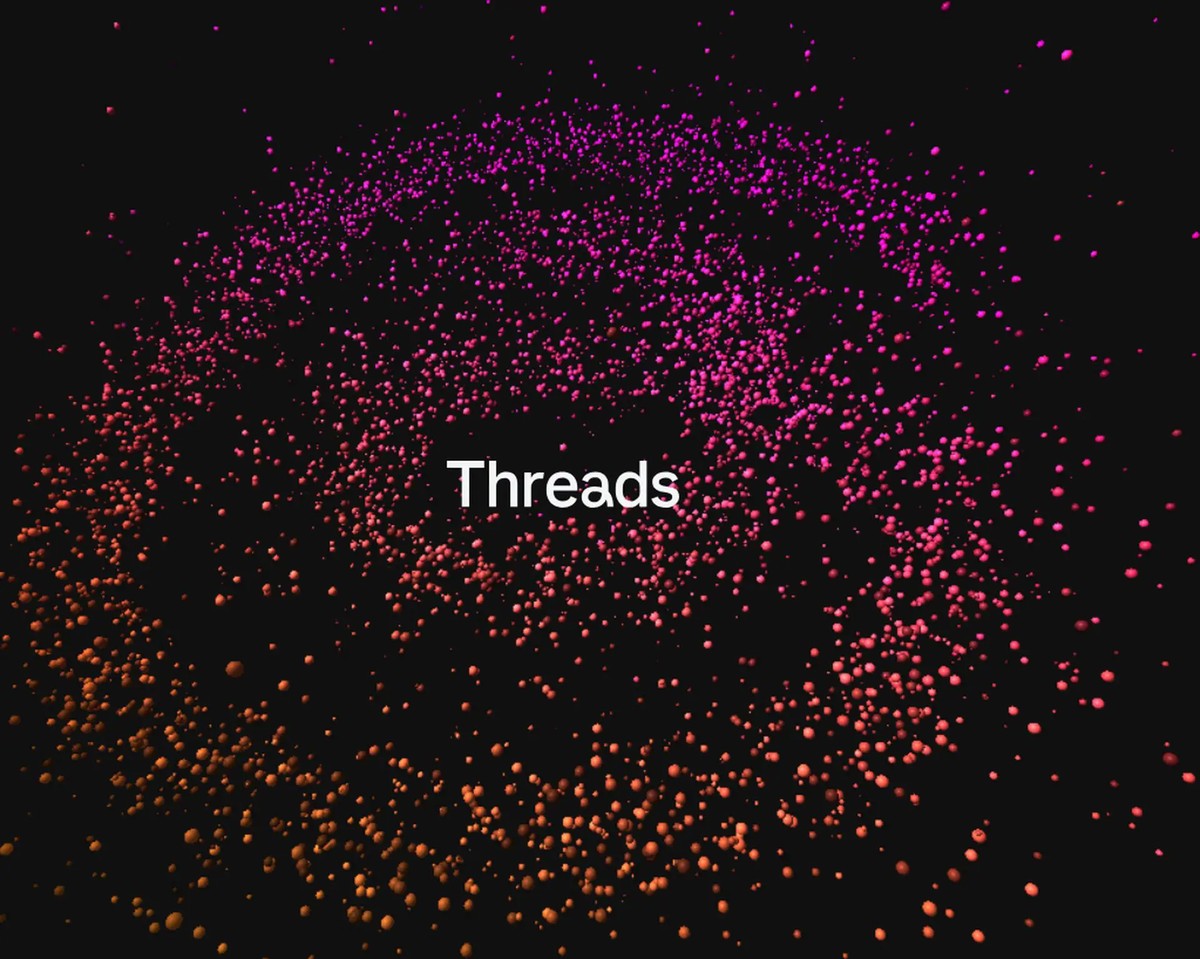TikTok Faces Global Backlash and Danish Ban Over Data Privacy Concerns

The public-service broadcaster in Denmark has issued guidance to its personnel, recommending that they avoid installing TikTok on their official work phones due to potential security risks. This advisory was based on a thorough security evaluation and alerts raised by Denmark's Centre for Cyber Security. Journalists who require access to the platform for research purposes will now have to request permission to utilize designated "TikTok phones." It is noteworthy that DR is the first news outlet to provide such counsel.

TikTok is a social media application that is managed from Singapore, but its parent corporation, ByteDance, is headquartered in Beijing. As a result of this association, there has been mounting concern among European and American policymakers that the Chinese government may leverage the platform to spy on its users or access their personal data. These concerns are primarily centered on data privacy and national security issues, and policymakers are apprehensive that the Chinese Communist Party could exploit the app's vast user base for its own purposes. However, both TikTok and ByteDance have consistently denied these accusations and claim to have implemented strict data protection measures to safeguard their users' privacy.
Despite the repeated denials from TikTok and ByteDance, the advisory issued by Denmark's public-service broadcaster, DR, indicates that it remains unconvinced about the security and privacy of the platform. Additionally, DR has announced that it will discontinue a project that had previously leveraged the widely used social media application to disseminate its content. According to executive Niels Ammitzbøll, all DR employees are now instructed to refrain from installing and using TikTok on their work phones, and separate mobile devices designated solely for TikTok use will be provided to ensure uninterrupted journalistic operations.
A timeline of TikTok’s decline
On Wednesday, TikTok's European division unveiled an elaborate strategy, Project Clover, aimed at bolstering trust in its data-privacy protocols. This initiative will entail constructing data centres in Ireland, employing a third-party security agency to oversee data flows, and implementing data collection techniques that make it harder to identify individual users. Project Texas, a similar scheme, is currently being rolled out in the United States.
However, the day before Project Clover's announcement, US President Joe Biden lent his administration's support to a bill proposed by Democrat Mark Warner, who chairs the Senate Intelligence Committee, and Republican John Thune, that would grant the authority to ban foreign-owned technology. Since December, several high-profile organisations have taken action against TikTok, including the banning of the app on federal-government devices in the United States and Canada, deletion of the app from European Commission and European Council staff work phones, and urging of Denmark's parliamentarians and staff to delete the app.
On March 1, the White House ordered all government agencies to ensure that TikTok is not installed on federal devices, and on March 9, Denmark's public-service broadcaster, DR, advised its personnel to delete the app altogether, even from their personal mobile phones.
Related: Gen Z still prefers TikTok for news

TikTok maintains its innocence
TikTok has dismissed the bans as "misguided and counterproductive" with respect to enhancing data privacy and security. China has also expressed its firm opposition to these actions. Mao Ning, a spokeswoman for China's foreign ministry, criticized the US, stating that the world's most powerful country should not fear a popular app among young people.
TikTok's CEO, Shou Zi Chew, is expected to testify before the US Congress later this month. During an interview with BBC Radio 4's World Tonight programme on Tuesday, Michael Beckerman, TikTok's US head of public policy, expressed apprehension about being used as a "pawn" in the diplomatic tensions between the US and China. He emphasized that the company was not the only one gathering significant amounts of user data and pointed out that many major tech firms also had engineers based in China.
Advertisement



















